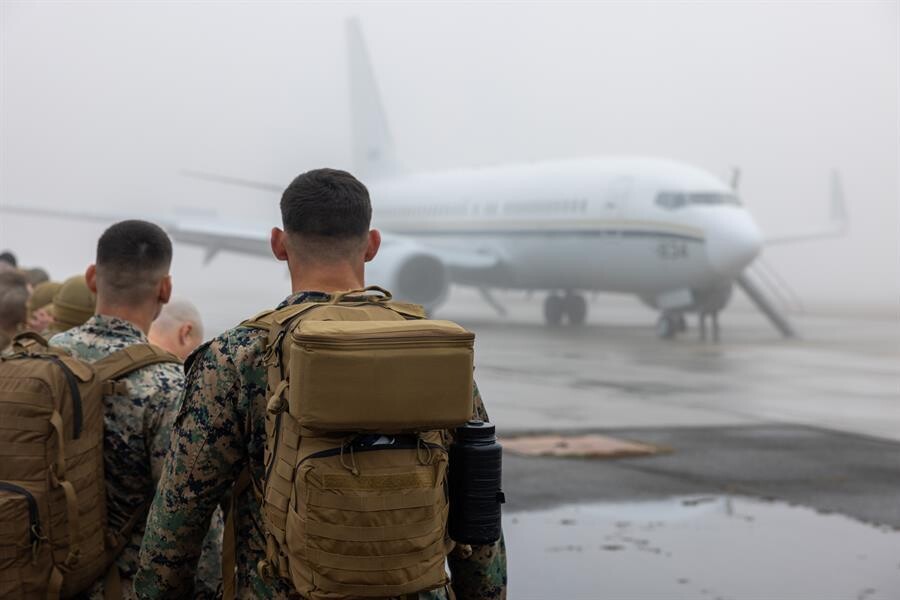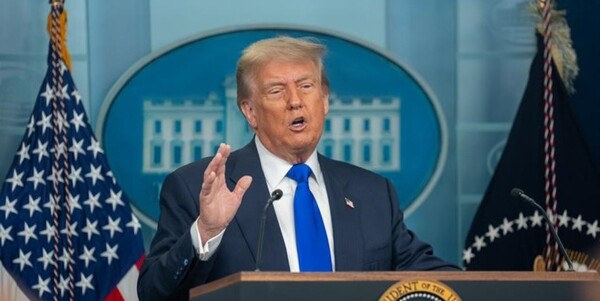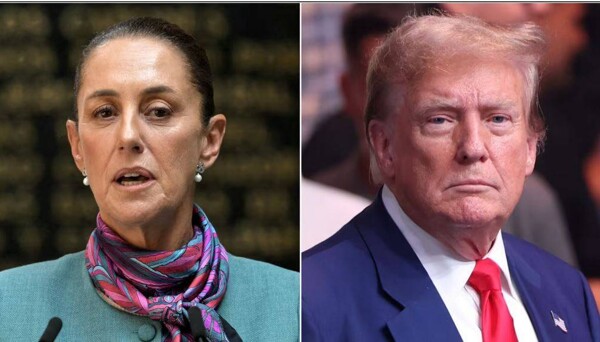
More than 150 U.S. military personnel are already at the Guantanamo Naval Base (Cuba) to prepare for the expansion of the immigrant detention center, where President Donald Trump plans to install 30,000 beds.
According to U.S. Southern Command on Monday in a statement, "more than 150 military personnel" are at the naval base supporting the operation after Trump signed a memorandum last Wednesday for the Pentagon and the Department of Homeland Security to expand the migrant center "to its full capacity" at the base. Among the deployed military are Marines and other personnel from U.S. Southern Command, responsible for Latin America.
On Wednesday, when signing the memorandum to expand the migrant center's capacity in Guantanamo, Trump stated that the measure aims to "stop the worst illegal immigrant criminals who pose a threat to the American people."
Immigration and Customs Enforcement (ICE) has operated a detention center for immigrants at the Guantanamo military base for decades, which is managed independently from the prison designated for terrorism suspects. Trump's border czar, Tom Homan, clarified last week in statements to reporters that ICE will remain the agency responsible for operating the detention center with 30,000 beds.
The migrants arriving at the Guantanamo base so far are those intercepted at sea by U.S. authorities when attempting to reach U.S. shores, mainly coming from Cuba and Haiti.
According to the Washington Post, ICE's largest center has about 2,000 beds for deportees, so if 30,000 beds are ultimately reached, Guantanamo's would eclipse the rest.
The Guantanamo base operates in a legal vacuum where the same legal guarantees regarding immigration do not apply as they do in U.S. mainland territory. The situation in Guantanamo's immigration facilities has historically been opaque, with little public information about what happens there.
A report published in September 2024 by The New York Times, based on internal government reports, revealed that detainees face precarious conditions in Guantanamo, including allegations that they are forced to wear opaque vision glasses during transfers within the base, that their calls with lawyers are monitored, and that some facilities are infested with rats.














